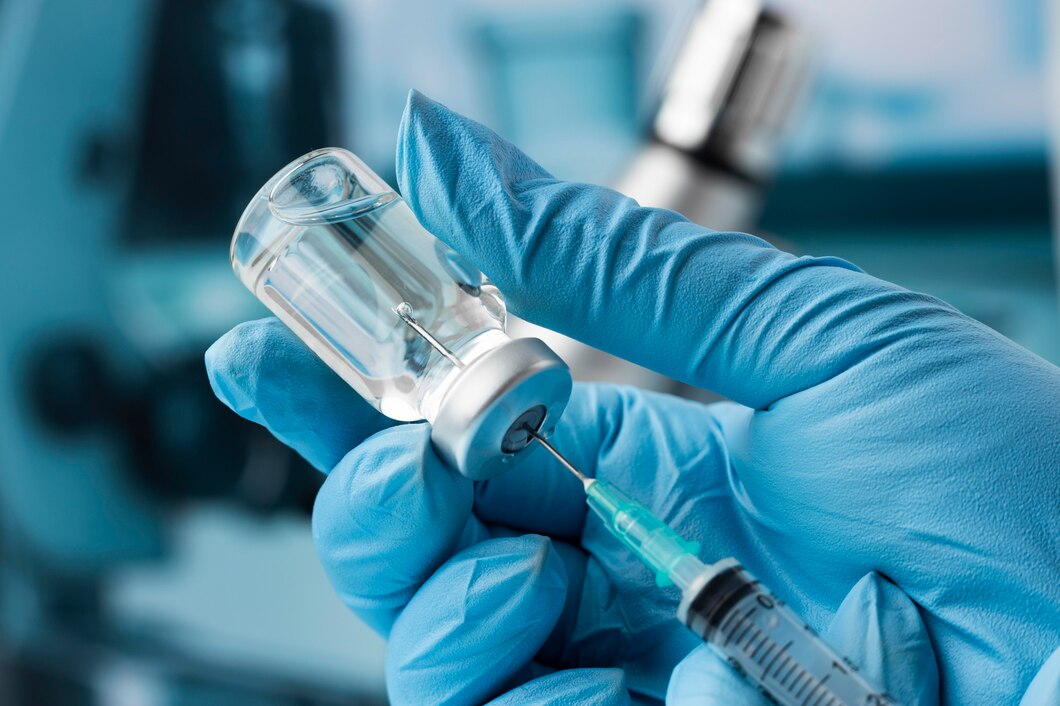In a significant step towards bolstering the continent’s health security and economic resilience, President Dr. Mokgweetsi Masisi of Botswana is set to participate in the launch of the Africa Vaccine Manufacturing Accelerator Programme. This initiative aims to mobilize up to US$1 billion over the next decade to support the sustainable growth of Africa’s vaccine manufacturing capabilities. The program’s inception is a crucial development in addressing the continent’s vulnerability to pandemics and its over-reliance on external sources for vaccines.
Objectives and Framework of the Accelerator Programme
The Africa Vaccine Manufacturing Accelerator Programme is designed to create a robust and self-reliant vaccine production ecosystem within Africa. The funding, which will be spread across ten years, is intended to:
- Build Manufacturing Infrastructure: Establish state-of-the-art facilities for vaccine production across various regions in Africa.
- Enhance Technical Expertise: Invest in training and development programs to build a skilled workforce capable of operating and innovating within these new facilities.
- Support Research and Development: Encourage homegrown research initiatives and collaborations with global pharmaceutical entities to foster innovation in vaccine technology.
- Strengthen Regulatory Frameworks: Develop and harmonize regulatory standards to ensure that vaccines produced meet international safety and efficacy standards.
- Promote Public-Private Partnerships: Engage both public and private sectors to create a sustainable and resilient vaccine manufacturing industry.
Benefits to the Global Vaccine Markets
A robust vaccine manufacturing sector in Africa is poised to offer multiple benefits to the global vaccine markets, including:
- Increased Production Capacity: By expanding global manufacturing capacity, the risk of shortages during pandemics can be significantly reduced. Africa’s capacity to produce vaccines locally would alleviate pressure on international supply chains.
- Diversification of Supply Sources: Currently, vaccine production is heavily concentrated in a few countries. African facilities would diversify the sources of vaccines, making global supply chains more resilient to disruptions.
- Accelerated Pandemic Response: With local manufacturing capabilities, African countries can respond more swiftly to outbreaks, containing the spread more effectively and reducing the global impact of pandemics.
- Innovation and Competition: Introducing new players into the vaccine market can spur innovation and competitive pricing, which benefits global public health initiatives and reduces costs for low- and middle-income countries.
- Economic Growth and Stability: A strong vaccine manufacturing sector can drive economic growth in Africa, contributing to political and economic stability. Stable regions are less likely to be sources of global instability and health crises.
Challenges and Considerations
While the potential benefits are substantial, several challenges must be addressed to ensure the success of the Africa Vaccine Manufacturing Accelerator Programme:
- Initial Investment and Infrastructure: Significant upfront investment and time are required to build and operationalize manufacturing facilities.
- Skilled Workforce: There is a need to develop a skilled workforce capable of operating advanced manufacturing technologies.
- Regulatory Harmonization: Developing a harmonized regulatory framework that meets international standards is critical for gaining global trust and market access.
- Sustainability: Ensuring long-term sustainability beyond the initial funding period is essential for maintaining production capabilities and meeting ongoing demand.
The participation of President Dr. Mokgweetsi Masisi in the launch of the Africa Vaccine Manufacturing Accelerator Programme underscores the commitment of African leaders to transforming the continent’s health landscape. By making substantial investments in vaccine manufacturing, Africa can enhance its pandemic preparedness, contribute to global health security, and create a more equitable and resilient global vaccine market. The success of this initiative will depend on collaborative efforts, sustained investments, and a strategic approach to overcoming the myriad challenges ahead.










